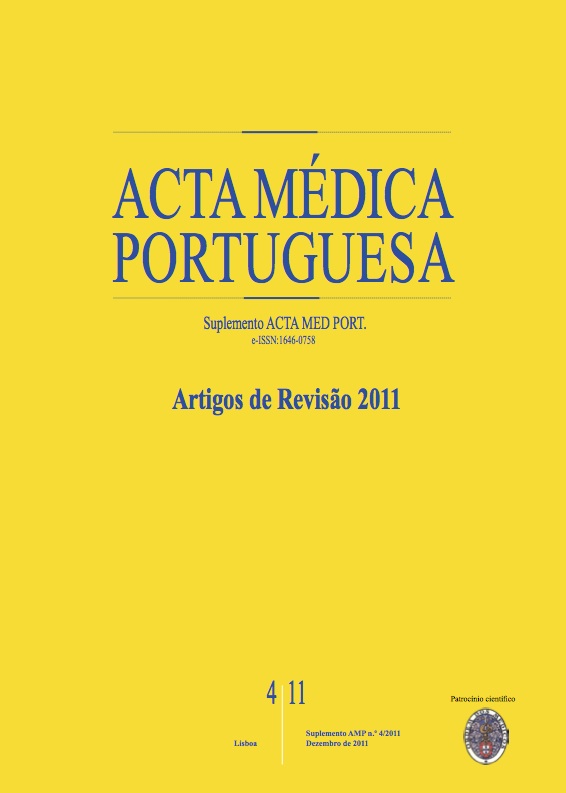Depression in palliative care: prevalence and assessment.
DOI:
https://doi.org/10.20344/amp.1590Abstract
Depression is the most common mental health problem in palliative care, yet it's widely misunderstood, underdiagnosed, undertreated and considered a complex medical task. Psychological distress is a major cause of suffering among patients and families and it's highly correlated with reduced quality of life and amplification of pain. Terminally-ill individuals who suffer from depression are also at high risk of suicide and desire for a hastened death. Every patient receiving palliative care should receive a complete personal and familial psychiatric history, with risk factors, as well as the typical signs and symptoms in the terminal disease. There are two different approaches to assess depression in palliative care: Categorial vs Dimensional The Hospital Anxiety and Depression Scale (HADS) is the most used assessment method for depression in advanced disease and it's validated to the Portuguese population. HADS overcomes the biggest problem when evaluating depression in the terminally-ill: the influence of somatic symptoms due to the underlying disease on the results of the depression scales. In this article we revise other approaches for the assessment of depression in advanced disease: single question vs two-item question; structured clinical interview and diagnostic criteria. Clinicians who care for terminally-ill patients must develop competences on the psychological area, developing state-of-the-art clinical skills that provide quality of life and comfort to patients and their families.Downloads
Downloads
How to Cite
Issue
Section
License
All the articles published in the AMP are open access and comply with the requirements of funding agencies or academic institutions. The AMP is governed by the terms of the Creative Commons ‘Attribution – Non-Commercial Use - (CC-BY-NC)’ license, regarding the use by third parties.
It is the author’s responsibility to obtain approval for the reproduction of figures, tables, etc. from other publications.
Upon acceptance of an article for publication, the authors will be asked to complete the ICMJE “Copyright Liability and Copyright Sharing Statement “(http://www.actamedicaportuguesa.com/info/AMP-NormasPublicacao.pdf) and the “Declaration of Potential Conflicts of Interest” (http:// www.icmje.org/conflicts-of-interest). An e-mail will be sent to the corresponding author to acknowledge receipt of the manuscript.
After publication, the authors are authorised to make their articles available in repositories of their institutions of origin, as long as they always mention where they were published and according to the Creative Commons license.









